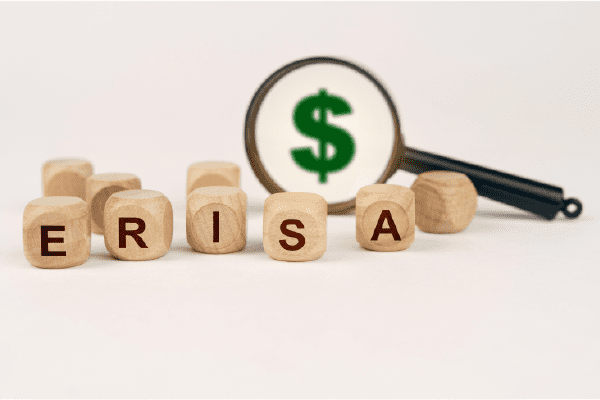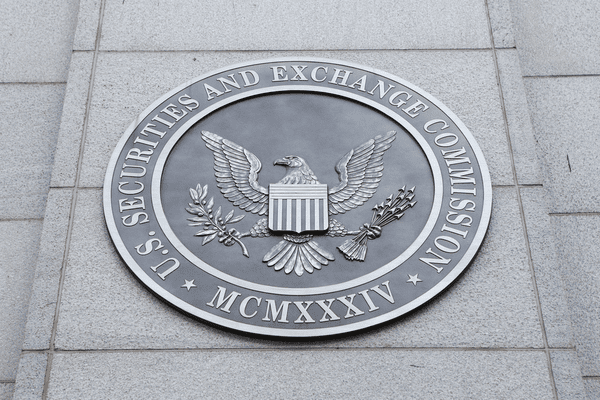What Retirement Plan Sponsors Need to Know About the CARES Act
The Coronavirus Aid, Relief, and Economic Security (CARES) Act permits retirement plan sponsors to make CARES Act Distributions—also called qualified coronavirus-related distributions—available to plan participants.
Penalty-Free Early Withdrawals
Among many items addressed in the economic relief package, CARES waives early withdrawal penalties for up to $100,000 in coronavirus-related distributions from qualified retirement accounts.
Distribution of funds that previously received a tax deduction, as well as any gains, would be considered taxable income. However, the new law allows plan participants to pay it back or spread out the tax bill over three years. Repayments are not subject to annual retirement plan contribution limits.
Considerations for Plan Sponsors
Qualified coronavirus-related distributions may be taken by individuals diagnosed with coronavirus, those with a spouse or dependent diagnosed, those who experience adverse financial consequences from being quarantined, laid off, or having their hours reduced, or being unable to work due to lack of child care as a result of the coronavirus outbreak. Plan sponsors may rely on an employee’s certification that they satisfy condition(s) in determining whether distributions qualify as described in the CARES Act.
Loans
If you are contemplating providing participants more flexibility in loan provisions, you may be able to amend your loan policy to add loan refinancing, expand the number of available loans, or reduce the applicable interest rate.
Other Ways Plan Sponsors Can Help Employees
Employers may consider reimbursing reasonable employee expenses. Given the coronavirus outbreak’s disaster designation, reimbursable expenses include, but are not limited to, medical expenses, child care expenses due to school closures, and increased home expenses (including increased utilities). Qualified disaster relief payments are generally deductible by the employer, are not subject to any federal withholding obligations, and do not need to be reported on a Form W-2.
Additional Helpful Reminders
Given current economic conditions, outside of the CARES Act, plan sponsors may consider the suspension or reduction of employer contributions. The following are some guidelines—check with your plan administrator concerning plan specifics.
- Discretionary Contribution – Can typically be modified at any time
- Fixed Contribution – Typically requires a plan amendment
- Safe Harbor Match – Typically requires a 30-day advance notice
- Safe Harbor Non-elective – Typically you have until November to decide
Preserve Retirement Funds for Retirement When Possible
With sudden economic uncertainty impacting so many, we understand the potential necessity of the steps outlined above.
Generally speaking, we recommend preserving retirement funds for retirement and drawing on them only if other options have been exhausted. With markets experiencing volatility, employees could consider turning to other short-term sources, such as emergency savings or an existing home equity line of credit, before using long-term retirement funds as a temporary emergency lifeline.
Read more from our blog:




